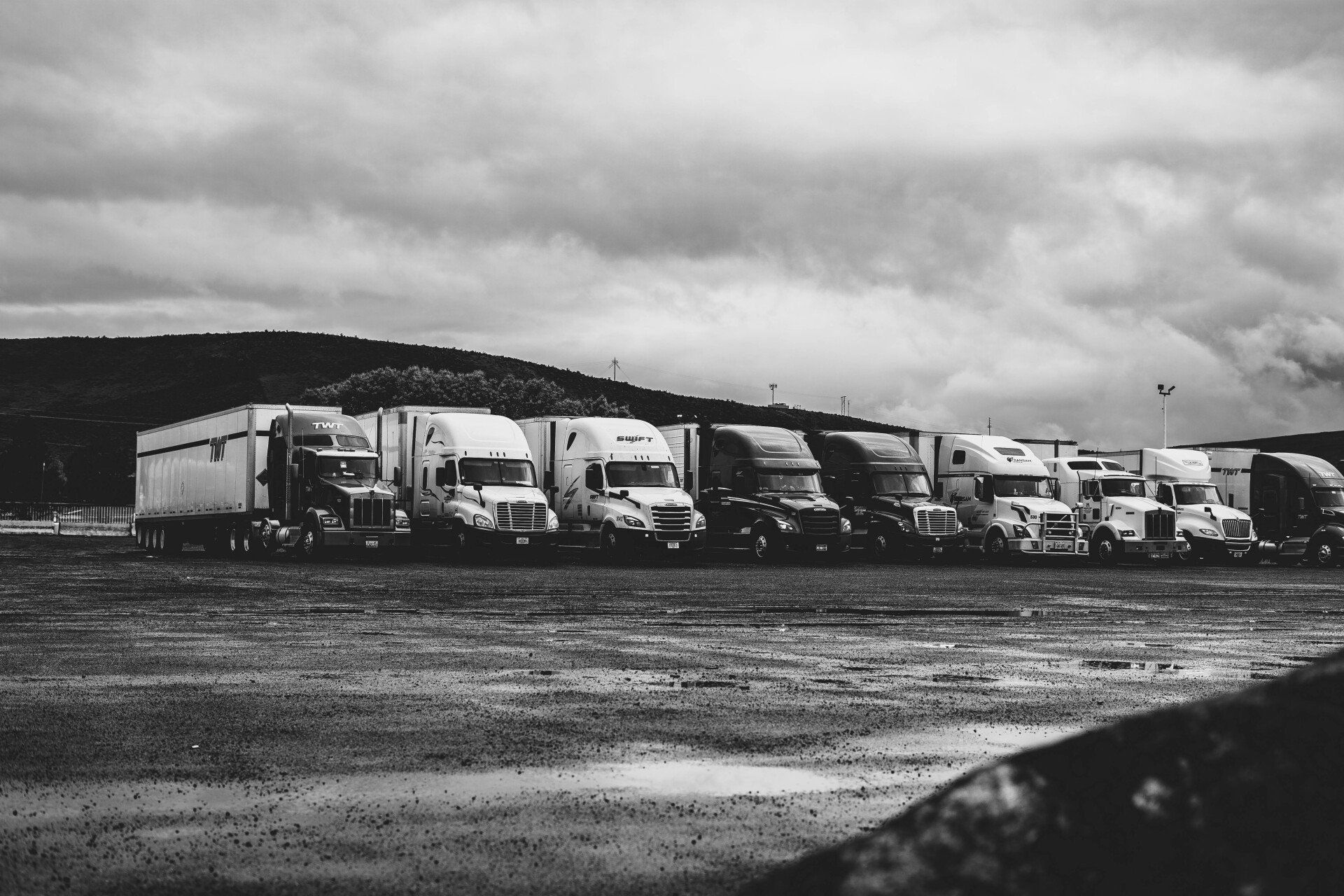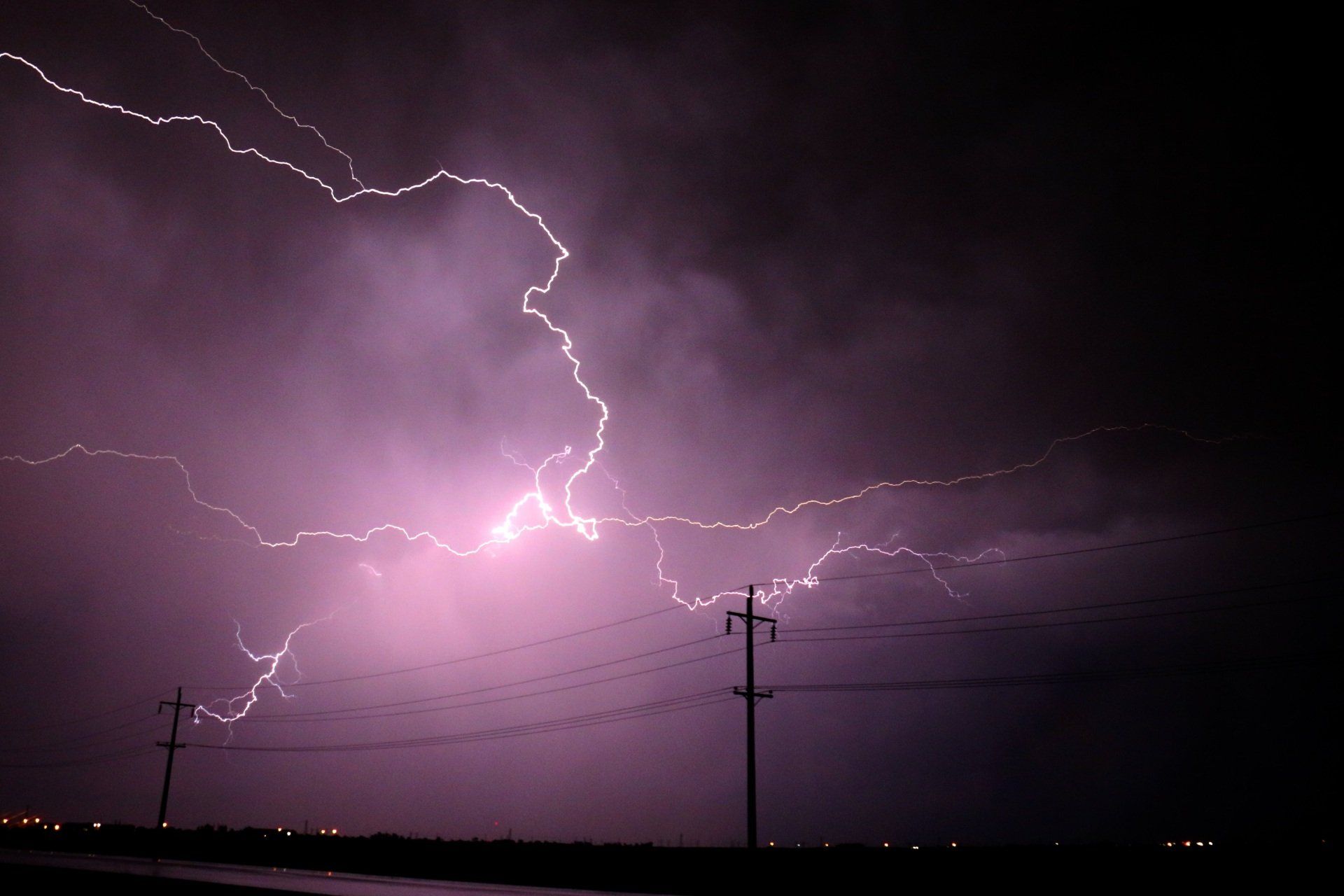Autonomous Vehicles and Personal Injury Law: The Road Ahead
The advent of autonomous vehicles (AVs), or self-driving cars or trucks, heralds a revolution in transportation, promising to transform the way we travel and significantly impact road safety. This technological leap, however, brings with it a host of legal complexities, particularly in the realm of personal injury law. As AVs gradually populate the roads, they challenge traditional notions of liability, insurance, and regulatory frameworks, necessitating a nuanced understanding of how personal injury law must adapt in response.
The Promise of Autonomous Vehicles
AVs are expected to drastically reduce accidents caused by human error, which, according to the National Highway Traffic Safety Administration (NHTSA), account for over 90% of all traffic accidents. By eliminating factors such as distracted driving, fatigue, and impaired driving, AVs could potentially save thousands of lives each year. However, the introduction of AVs is not without risks. Software glitches, hardware failures, or unforeseen interactions with human-driven vehicles could lead to accidents. Understanding the liability in such scenarios is pivotal.
Redefining Liability in the Age of Autonomous Vehicles
The traditional framework of vehicular liability is predicated on driver error. In the case of AVs, the "driver" is an algorithm, raising the question of who is liable in the event of an accident. There are several potential avenues for liability:
- Manufacturer Liability: If an AV accident results from a system malfunction or design flaw, the manufacturer may be held liable under product liability law. This shifts the focus from driver negligence to questions of product safety and efficacy.
- Software Developer Liability: In cases where software errors cause an accident, liability could extend to the developers of the AV's operational software. This scenario raises questions about software testing, updates, and the role of AI decision-making in accident scenarios.
- User Liability: Some AVs allow for varying levels of human control. In such cases, if human intervention or misuse contributes to an accident, the user could still be held liable.
- Third-Party Liability: Other entities, such as maintenance providers or cybersecurity firms, could also bear responsibility, particularly if negligence in these areas leads to a crash.
Insurance Implications
The shift in liability paradigms will have profound implications for the insurance industry. With manufacturers potentially bearing more responsibility, the nature of vehicle insurance could transform, possibly leading to a decline in personal auto liability policies and a rise in product liability insurance for manufacturers. Additionally, the data collected by AVs could be used to assess risk and liability more accurately, potentially affecting insurance premiums and claims processes.
Regulatory Challenges and Legal Preparedness
The legal infrastructure must evolve to address the unique challenges posed by AVs. This includes establishing standards for AV testing and operation, data privacy regulations, and protocols for accident investigation and liability determination. Jurisdictions will need to determine how existing traffic laws apply to AVs and whether new laws are needed to address specific AV-related issues.
AVs and Personal Injury Litigation
In the event of an accident involving an AV, personal injury litigation could become more complex. Determining fault may require intricate analysis of data logs, software algorithms, and vehicle performance. This not only necessitates technical expertise but also raises questions about the accessibility and privacy of such data. Moreover, the involvement of multiple potential defendants – from manufacturers to software developers – could lead to more complicated legal proceedings.
Ethical Considerations in AV Design
AVs must make decisions in milliseconds, especially in critical situations where accidents are imminent. The programming of these vehicles in scenarios where harm is unavoidable, often referred to as the "trolley problem," poses profound ethical questions. How AVs are programmed to respond in such scenarios has significant legal implications, especially concerning the prioritization of lives and property in unavoidable collisions.
A New Legal Landscape
The integration of autonomous vehicles into everyday life marks a significant milestone in transportation history. It promises enhanced safety and efficiency but also introduces a complex array of legal challenges, particularly in the field of personal injury law. As these vehicles become more common, the legal profession must adapt, developing new frameworks for liability, insurance, and regulatory compliance. The journey ahead for lawmakers, insurers, manufacturers, and legal professionals is as unprecedented as it is exciting, requiring a collaborative effort to navigate the intricacies of this new era in transportation.
The future of autonomous vehicles is not just about technological advancement but also about creating a legal landscape that can accommodate this new technology while protecting the rights and safety of all road users. As we embark on this journey, it is essential to approach these challenges with a balance of enthusiasm for innovation and a commitment to legal and ethical responsibility. The road ahead is indeed transformative, and the legal community must be prepared to steer through these uncharted territories with diligence and foresight.
MORE ALABAMA INJURY LAW NEWS






OUR LAW FIRM IS HERE TO HELP
Contact our Birmingham, Alabama Injury Lawyers Today for Legal Help
Have you or a family member recently been injured in an accident in Alabama? Contact Snable Stevenson & Silva for immediate legal assistance and advice. You may be able to pursue compensation for your medical bills, lost wages, and other expenses. Our qualified Alabama injury lawyers can help you fight to secure a full and fair award.
We offer a free case evaluation and consultation. Contact our law office in Birmingham, Alabama to schedule yours today. If you can’t come to us, we can arrange a time to visit you. Consultations can be arranged at the hospital, your home, or even your place of business. There’s a limited amount of time to act, so give us a call to get started today.
FREE CASE EVALUATION
GET STARTED
Thank you for submitting a request.
Our team will follow up with you as soon as possible.
There was an error sending your message.
Please try again later.
(800) 266-0877 • attorneys@snablestevenson.com
(205) 582-8000 • 2737 Highland Ave South, Birmingham, AL 35205
(901) 474-2900 • 1545 Union Ave, Memphis, TN 38104
This website is an advertisement for legal services. No representation is made that the quality of the legal services to be performed is greater than the quality of legal services performed by other lawyers. Use of this website signifies your agreement to the Terms of Use, Privacy Policy, and Form Disclaimer.
Snable Stevenson & Silva L.L.C.

